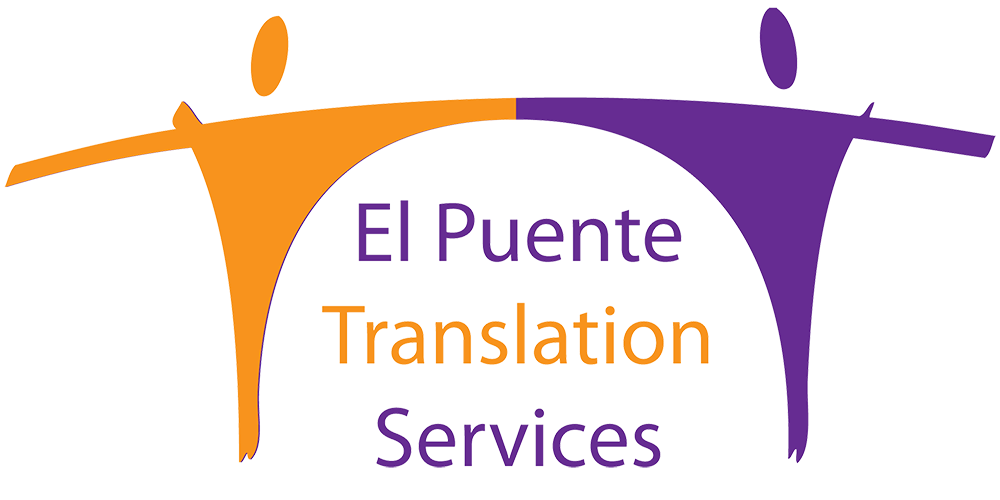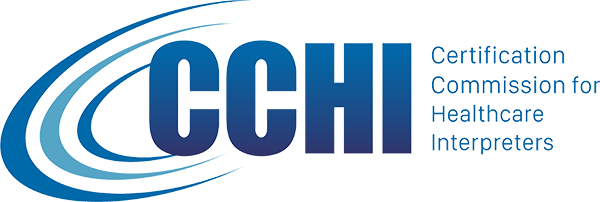 We follow the ethics code of professionalism, cultural awareness and confidentiality.
We follow the ethics code of professionalism, cultural awareness and confidentiality.
As interpreters we convey the message orally between the client and LEPS (Limited English-Speaking Person) in English and Spanish. We serve clients in Jackson County.
We provide consecutive and simultaneous interpreting for:
- Interviews
- Depositions
- Hearings
- Medical appointments
- Meetings
- Policyholder insurance services
- Employer-employee orientation

When appropriate please provide a glossary of your particular industry or other background information so we can better serve you in the communication between English and Spanish speakers.
Conducting the session
General Pointers When Your Message Is Being Interpreted To Another
- Introduce yourself and the interpreter.
- Make sure the person knows you are conducting the session.
- Look at the person not the interpreter.
- Avoid looking at the interpreter unless you are directly addressing him/her.
Speak Directly To The Person As You Would With An English Speaker
- Always use the first person e.g. “How are you feeling?” Don’t say (to the interpreter) “ask her how she is feeling.”
- Don’t try to save time by asking the interpreter to summarize.
- Be aware that it may take more words than you have spoken to convey the message.
- Avoid long discussions with the interpreter. If you need to talk to the interpreter directly, then the interpreter should explain to the person about the nature of the conversation.
- Ask the interpreter to sit to the side, with you and the person facing each other.
- Do not make comments that you do not want interpreted. The person may understand more of your words than you realize.
- Do not ask the interpreter about the person’s history or state of mind.The interpreter may not know the person’s history and probably will not have the expertise to judge someone’s mental state.
The interpreter’s responsibilities (using a health care setting as an example):
- Speaks clearly and at reasonable speed.
- Introduces herself/himself and if need be, is able to provide a very brief (one sentence) statement on the process of interpreting (“I am your interpreter today and I will interpret everything that will be said in this room accurately and to the best of my abilities”).
- To ensure accuracy, takes notes when detailed information, or long piece are given. In the health care field, such information includes names of medications, dosages, times of the day specific medication is taken, dates of tests, treatments, checkups, etc.
- Asks questions for clarification and advises the other side that clarification is sought to avoid suspicion of ‘side conversations’ being held without involving the other person.
- Checks their dictionary occasionally during an assignment if unsure of a term.
- Provides some cultural input but refers the health practitioner directly to the patient for specific cultural/traditional information.
- Maintains confidentiality principles.




